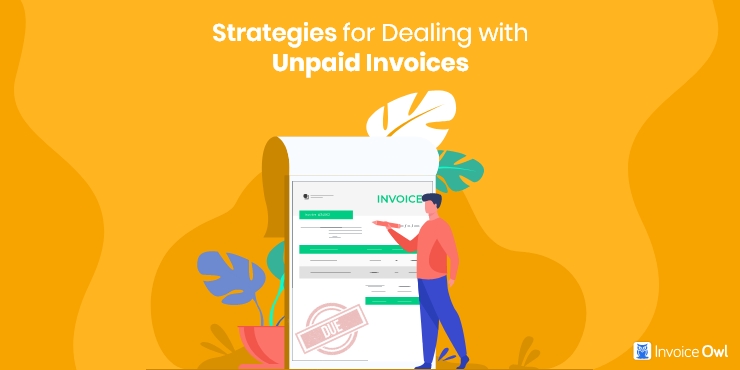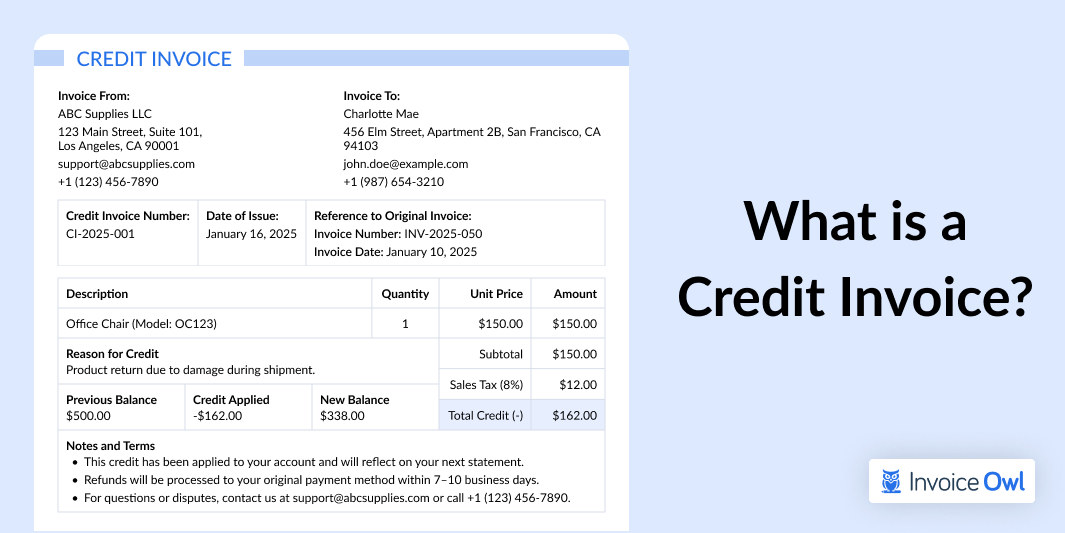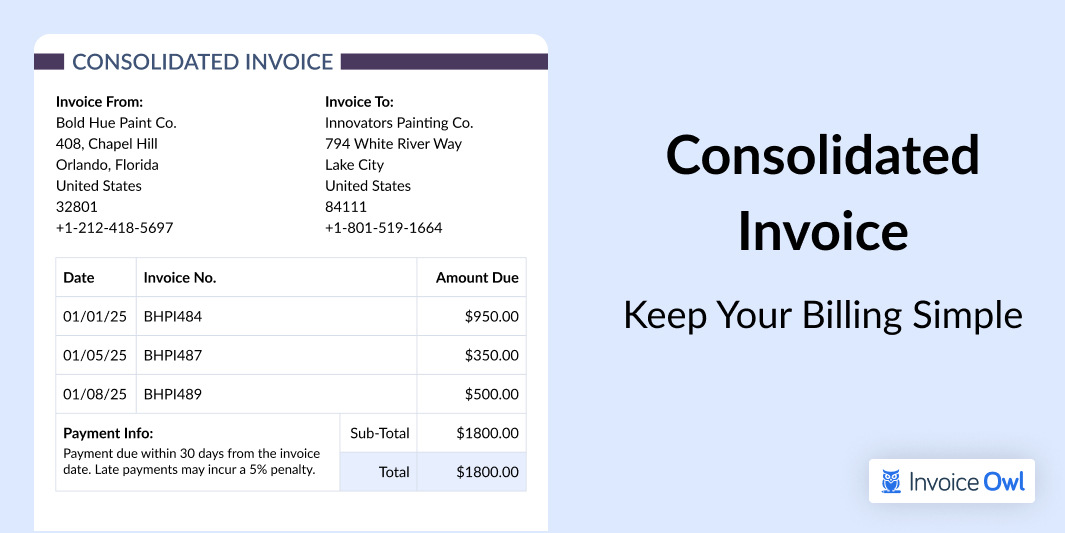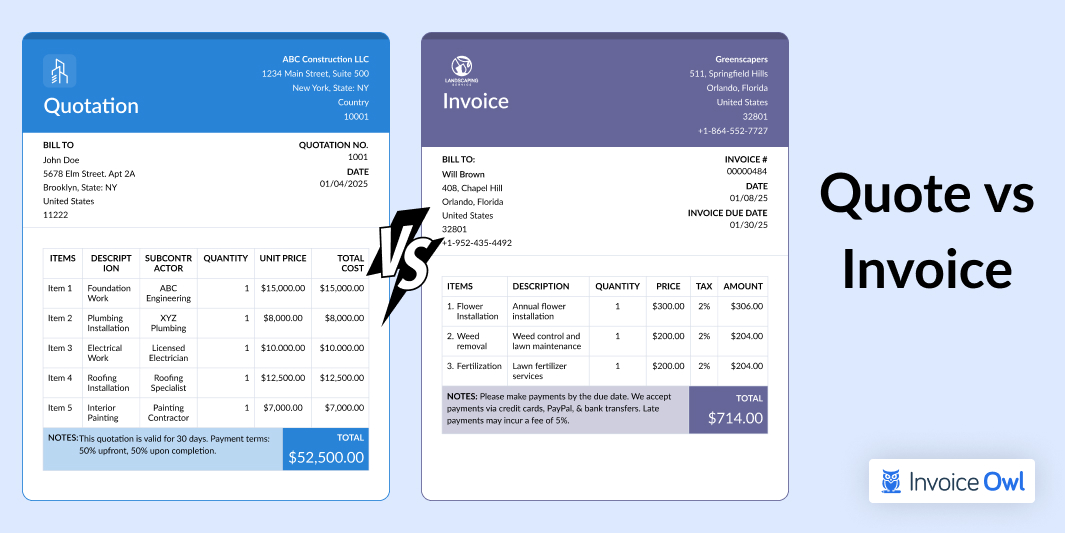
What's the biggest challenge that many small business owners face?
- Getting paid on time from customers
- Cash flow problems
- Dealing with unpaid invoices
- Providing an effective mode of payment for a faster outcome
All of these challenges build pressure on the overall payment cycle. No matter what size of business you are having, unpaid invoices cause inconvenience for small to large companies. As a part of your business financial strategy, you need to make sure you have a solid plan in place to avoid past-due invoices.
Key Strategies You'll Learn
- 01How to research potential clients in advance to avoid payment issues
- 02Why legal contracts are essential for protecting your business
- 03Best practices for communicating payment terms clearly to clients
- 04Step-by-step procedures to follow when invoices become overdue
- 05How to use penalties and discounts to encourage timely payments
- 06When to escalate unpaid invoices to business reporting bureaus
6 Best Strategies to Avoid Unpaid Invoices
Let's highlight some of the best strategies that will help you tackle an unpaid and overdue invoice with care.
Conduct Research on Potential Clients in Advance
When you get the new request payment inquiry from potential clients, you won't be able to find out whether a client will pay or not. To avoid such complicated situations, you need to conduct advanced research on potential clients before it's too late. To get rid of unpaid invoices as a small business owner, you must ask yourself:
- Does a client have a limited budget?
- What is the amount that your client owes?
- Is it a small company with limited resources?
- Do they question much about the rates and try to negotiate much?
- Are they disorganized from the beginning?
It will give you a little idea about the client's basic requirements and help you deal with future invoices. Moreover, it will also help you set payment policies and save your work with clients who tend to disappear with unpaid invoices. What are the essential points you need to consider to protect your company from such clients?
If you can do it, consider working with most companies with a good working relationship and paying on time and in full. You can check the commercial credit reports with time frames of the companies and also check the data from the small claims court. A record from the small claims court will help you with the company's financing situation.
Whether your business is in construction, landscaping, consulting, photography, auto repair, or the medical field, invoicing takes way too long. That's why we're here. InvoiceOwl makes your invoicing faster and simpler so you can get paid promptly and without the hassle. Get Started Now
Have a Legal Contract
The word "contract" is scary, but actually, it protects your time, energy, and creativity. So, the contract should be created to bring convenience to both you and your clients. Every business should consider having a contract that includes all the project-related policies and late fees for getting paid quickly. To pursue legal action, you can set your terms and conditions which include the complete roadmap to improve the payment processing.
Once you are done with your contract, you need to be sure your client acknowledges and signs the contract. You may have unpaid invoices from this client in the future. That does not mean that it guarantees you will be paid on time. So, you need to be very careful about that. However, it is a legal record from the payment history that the client has agreed to pay your fee. This strategy will help you to deal with any kind of dispute and when you have to go to the small claims court or hire collection agencies to recover the money.
Be Vocal About Your Payment Terms
The most essential thing that you need to do is to define your payment terms clearly to your clients. It's because you're not sure about your client about how and when they're going to pay you. In your contract, you must set clear terms which makes it easy for you and your clients to get assurance about the payment processing. Your invoice must mention the terms and payment due date in a very clear and timely manner.
Most business owners simply ignore a lot of unpaid invoices and late payment details. Well, this is not the right way at all when you have regular unpaid invoices that need your immediate attention. First of all, you need to make sure that such a situation does come at all. Other things that you should consider is your payment terms, such as:
- When do you expect payment: upon receipt of the completed project, within 7 days, 30 days, or 60 days?
- What will happen if they don't pay on time?
- Do you charge late payment fees or directly send the unpaid invoice to the collection agency?
- What steps will be taken if they stop the project in between?
- What is your preferred mode of payment (It should accept credit card payments, debit card payments, or bank account transfers)?
Being vocal about your policies in advance and requiring the customers to acknowledge them by signing a contract will help you in getting paid promptly. Most people feel that if they mention their conditions for payment in front of the customers, they will lose the project. But this is not the case, because being vocal about the payment-related policies will help your customers in being clear about your requirements.
Now that you have understood your client's requirement, it is your client's turn to understand your requirement. If you want to prevent all the hassle of unpaid invoices in the first state, make sure that you follow the above-given tips and tricks. Moreover, you can research a new client to make sure that they are legit and don't have any previous complaints from small claims courts or debt collection cases in their name.
Do not forget to have a signed contract with them so that you first follow up legal proceedings to make the payment for the products and services. If you are doing freelancing work, you can ask for an advance payment to start the project.
Follow the Right Procedure To Get Paid on Time
Never be in a hurry to move to the next step, if you're unaware of the reason for delayed payment. Why? Because it may lead to big problems. Many times, it happens that many business owners make the mistake of sending abusive emails when they see unpaid invoices. This is not the right way to deal with the client. First, you need to calm down when you see any unpaid invoices. Then, make sure that you are following the correct procedure to get paid on time.
It will be extremely embarrassing for you to lose your temper with the client while the fault is yours. You always need to keep in mind that there must be a reason behind every unpaid invoice. A client may be dealing with an emergency, out-of-town or they are in a financial crunch. You can also opt for effective email templates that help you deal with chasing payments.
Sometimes phone calls tend to be more aggressive, but also more effective at a time. A client may simply discuss payment options over the phone and might hope that you will trust them. However, you may not have written records of the call or a recording that you can legally prove as a conversation. You need to be very careful that you are speaking to the right person over the phone. If you are going to disclose any confidential professional or financial details over the phone, make sure you are talking to the right person. Failure to do so can result in legal outcomes.
Following the correct procedures with politeness will ensure that you will have good working terms with the client in the future as well, and unpaid invoices will become just an oversight.
Make sure you take help from the top invoicing company that helps you track the invoices and send automatic payment deadline reminders.
Charge a Penalty or Give Discounts
Many businesses offer massive discounts on early payments and encourage their clients to pay ahead of the due date. For example, a UK-based company offers a 20% discount on the next purchase if the client pays the full amount within 10 days after the invoice has been generated. With this strategy, they get the payment expectations on time, but this tactic doesn't work for the customers.
But, they might get motivated if you charge late fees from them. You can charge a small fee of up to 2% as a penalty for paying late. Some businesses charge a per-day penalty fee and also include extra legal fees on the customer that completely ignores their warnings. Such heavy penalties sometimes make clients realize that they are making a loss by not paying on time.
This move will also push clients to pay faster. If they don't pay employees on time, the penalty fees will help you cover the cost of any extra expenses you have made to recover the payment (i.e., hiring a debt collector or collections agency).
A professional debt collector usually charges fees for their services, so you need to consider that in your payment collection plan.
You can offer them an early bird discount before taking up the project so they might get motivated to pay in advance.
Reach to a Business Reporting Bureau
If you are dealing with a client who is completely ignoring all your reminders and warnings, you can report them to a business reporting bureau and make a complaint about the public records. This complaint can threaten the client about their reputation, and may limit them from getting credit in the future; it will give you the security that you will receive payment immediately.
Contact the customer and warn them about your move to the business reporting bureau; this move might help you get paid at the same time you warn them.
Follow the essential strategies and get rid of unpaid invoices. However, if you have more questions related to invoices, the next section depicts the frequently asked question.
Ready To Paper-free and Automate Your Invoicing Process?
InvoiceOwl is a feature-rich invoicing app that helps small businesses, freelancers, and contractors to create paperless invoices online and cut the paper cost.
Start FREE InvoicingFrequently Asked Questions
You can handle unpaid invoices by sending an email reminder, making a phone call to the client and finding out the reason for the outstanding balance, or by warning them about the late fees or non-payment details for the delayed payment.
If the client ignores all your efforts and still is not ready to pay, you can hire the collection agency and take legal action against them.
Invoice factoring means selling control of your accounts receivable, either in part or in full. The customers will have to simply pay the factoring company directly. The factoring company chases invoice payment if necessary. The factoring company pays you the remaining invoice amount – minus their fee – once they've been paid in full.
If you do not or simply forgot to pay an invoice, the freelancer or small businesses that have invoiced, you can take legal action to recover the debt. You'll receive a Statutory Demand letter for the remaining amount, just before any legal action is taken from them.
You need to first set your payment terms, and the most common are either 30 days, 60 days, or 90 days.
Invoice financing is a way for large and small businesses to borrow money against amounts due from customers.
No. You can't refuse to pay an invoice, whether late or old. As we know, invoices are legally binding contracts, especially for companies that pay VAT. You need to make it go through several checks before submitting it to the client because a small mistake on the invoice results in delays in payments or even non-payment.
Generally, you have up to 6 years to claim unpaid invoices.
To sue for an unpaid invoice, you need to first collect all the essential evidence like the original invoice, proof that the services were provided, and records of any attempts to collect the payment owed.
Writing an unpaid invoice letter is easy to write. You need to include: invoice number, invoice date, the amount that client owes, payment terms including taxes and late fees, a friendly reminder of previous letters, instructions for payment (including links), and contact information of the concerned person in case of any queries.
Conclusion
Your terms may differ for the unpaid invoice, and it also depends on project to project. To avoid having unpaid invoices, you need to follow the above-given strategies and get the invoice paid quickly. While creating a payment plan for your stiff business approach, you may need to make sure that your client agrees with your payment terms so that you won't have any unpaid invoices on your list.
To get rid of such unpaid invoices, it's better to use online invoicing software like InvoiceOwl. Do you know why?
- Creates professional-looking invoices
- Offers invoices templates in Word, Excel, and PDF
- Save your valuable time to create invoices manually
- Send payment reminder emails using effective email templates for past invoices
Hurry up! Sign Up Now to make your professional invoice for your first client.



